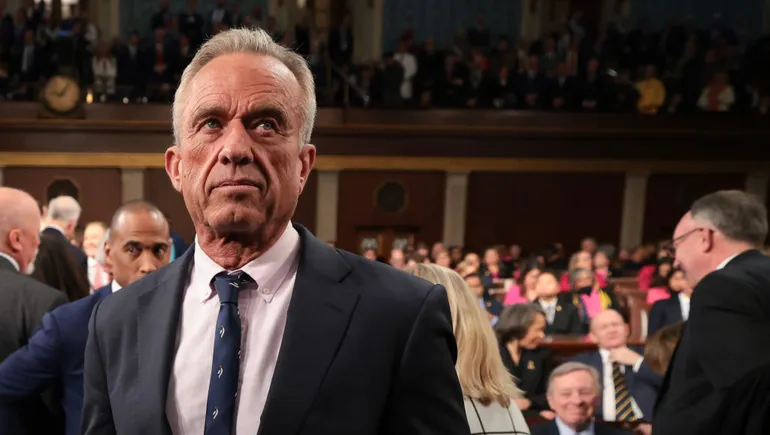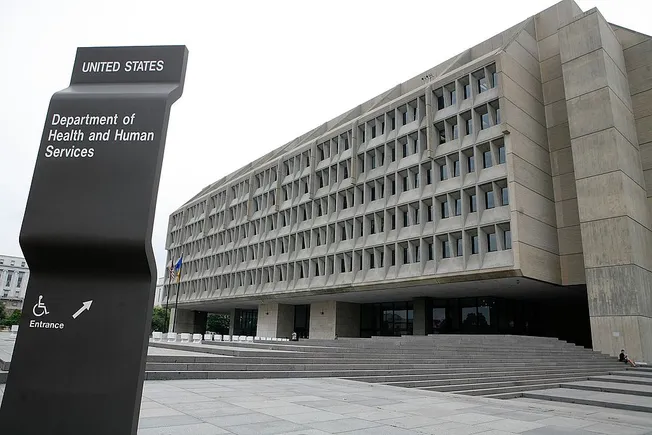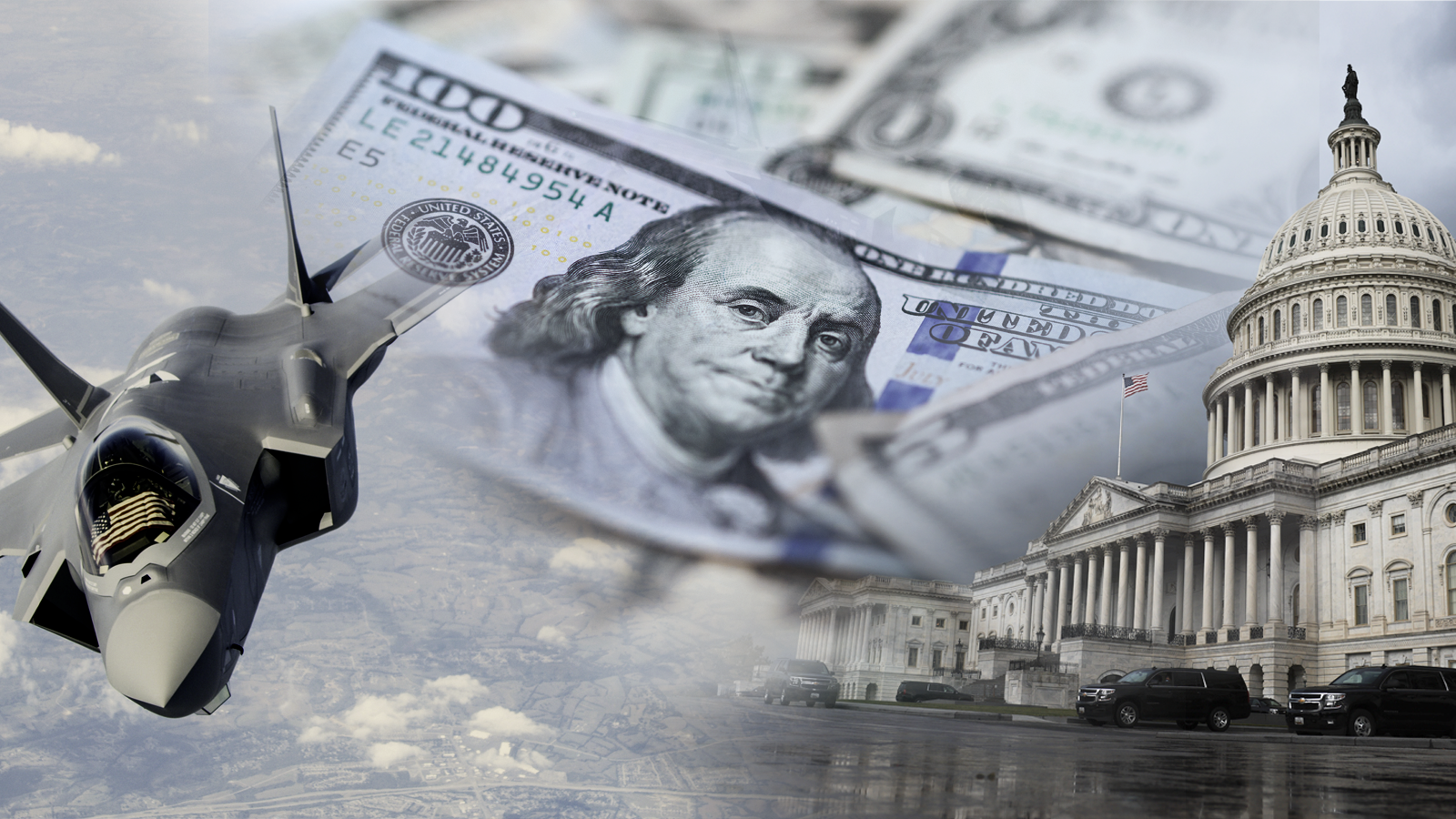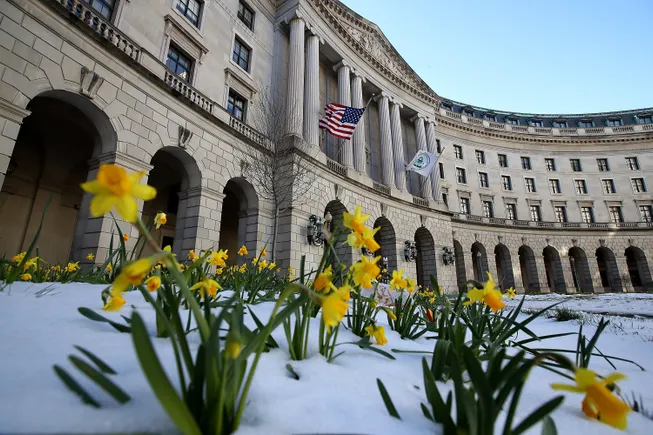Sanctioning Negligence Bankers
The financial panic started by Silicon Valley Bank in March 2023 might have been new, but its cause was not. Excessive risk-taking and mismanagement by bank executives are the perennial manifestation of moral hazard. Economists and legal scholars have sought to ameliorate this market failure by addressing the mismatch between rewards given to bank executives […]

Kyle Logue is the Douglas A. Kahn Collegiate Professor of Law at University of Michigan Law School, Will Thomas is an Assistant Professor of Business Law at University of Michigan Ross School of Business, and Jeffery Zhang is an Assistant Professor of Law at University of Michigan Law School. This post is based on their recent paper.
The financial panic started by Silicon Valley Bank in March 2023 might have been new, but its cause was not. Excessive risk-taking and mismanagement by bank executives are the perennial manifestation of moral hazard. Economists and legal scholars have sought to ameliorate this market failure by addressing the mismatch between rewards given to bank executives and the costs of their poor decisions—often by regulating how bank executives are compensated in normal times. The driving intuition is that bank executives should not reap all the benefits in good times while letting others hold the bag during bad times; adjusting their compensation to require more “skin in the game” thereby reduces risk-taking and mismanagement.
In our forthcoming article, “Sanctioning Negligent Bankers,” we begin by noting that existing proposals to deal with this market failure have been limited by two factors. First, previous attempts to solve the problem through agency regulation and enforcement have proven ineffective. On the regulatory front, federal agencies have not acted when it comes to exercising their enforcement powers to deter individual bank executives. Consider that, after the 2007-08 Global Financial Crisis, Congress passed the Dodd-Frank Wall Street Reform and Consumer Protection Act. As part of these reforms, Congress instructed financial regulatory agencies to place restrictions on executive compensation that encouraged excessive risk-taking. Yet, fifteen years later, no such regulation has been implemented. On the enforcement front, Da Lin and Lev Menand have shown that although the Federal Reserve has clear authority to hold bank directors and senior management accountable for mismanagement, the Federal Reserve has rarely exercised this power. Likewise, the FDIC has statutory authority to fine executives for “gross negligence” but uses that power selectively and in a manner that our article shows is all but guaranteed not to influence or deter bank executives. (more…)
















































































































































































